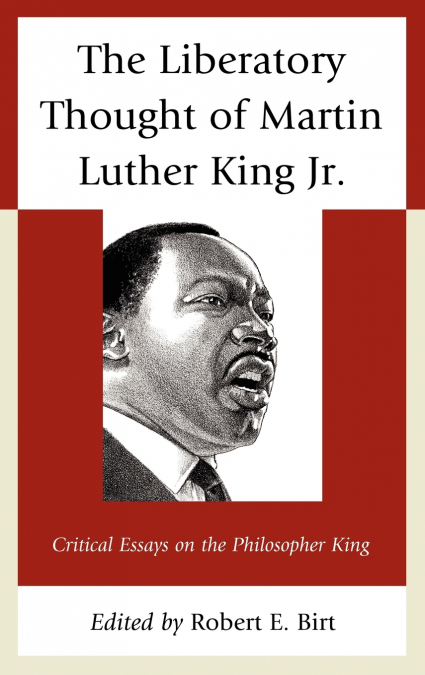
Birt
The Liberatory Philosophy of Martin Luther King, Jr. is a philosophical anthology which explores Dr. King’s legacy as a philosopher and his contemporary relevance as a thinker-activist. It consists of sixteen chapters organized into four sections: Part I, King within Philosophical Traditions, Part II, King as Engaged Social and Political Philosopher, Part III, King’s Ethics of Nonviolence, and Part IV, Hope Resurgent or Dream Deferred: Perplexities of King’s Philosophical Optimism. Most chapters are written by philosophers, but two are by philosophically informed social scientists. The contributors examine King’s relationships to canonical Western philosophical traditions, and to African-American thought. King’s contribution to traditional branches of philosophy such as ethics, social philosophy and philosophy of religion is explored, as well as his relevance to contemporary movements for social justice. As is evident from the title, the book considers the importance of King’s thought as liberatory discourse. Some chapters focus on 'topical' issues like the relevance of King’s moral critique of the Vietnam War to our present involvement in Middle Eastern wars. Others focus on more densely theoretical issues such as Personalism, existential philosophy or Hegelian dialectics in King’s thought. The significance of King’s reflections on racism, economic justice, democracy and the quest for community are abiding themes. But the volume closes, quite fittingly, on the importance of the theme of hope. The text is a kind of philosophical dialogue on the enduring value of the legacy of the philosopher, King.